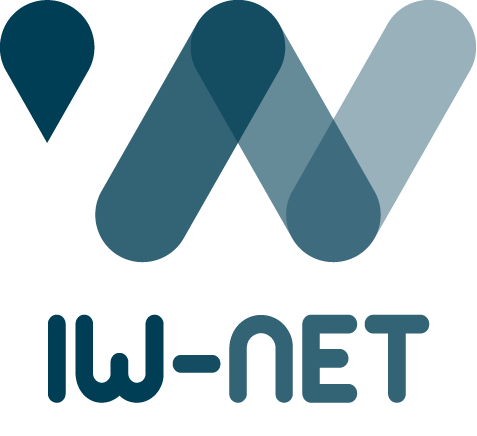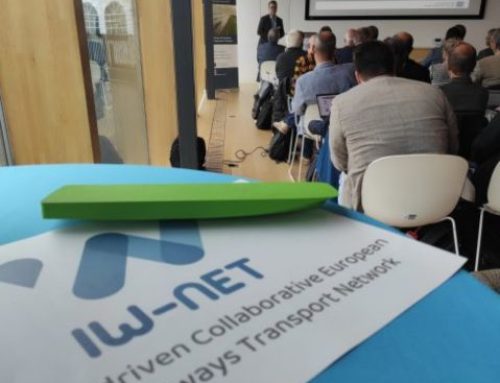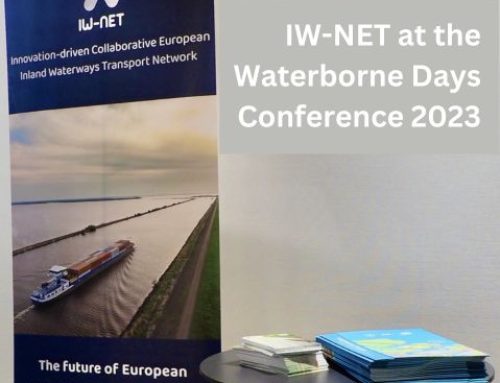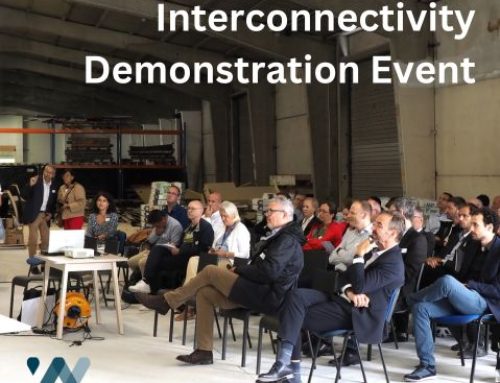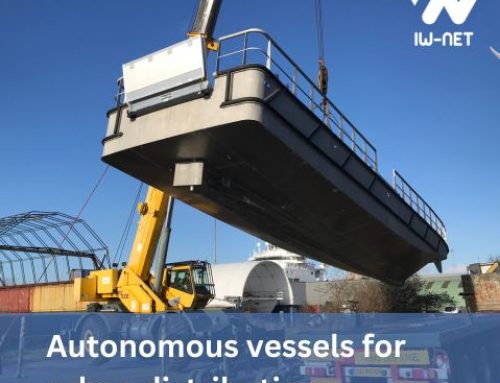In the frame of the IW-NET Project, the researchers from the Fachhochschule Oberösterreich, Denise Beil, Lisa-Maria Putz-Egger, Silvia Dopler, and Laura Hörandner prepared a teaching case study “Calculation of comparative transport costs and calculation of emissions”, focusing on the development of eco-friendly transportation strategies. This case study delves into the possibilities of modal shift analysis and its implications for businesses involved in transport between Austria and Romania. By analysing transport costs and greenhouse gas emissions, especially when transitioning from road to inland waterways, the case study aims to offer valuable insights into sustainable logistics practices and their role in mitigating climate change.
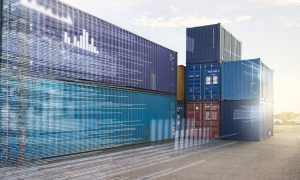
The case study centres around a shipping company’s endeavour to transition transport volumes from road to eco-friendly modes, specifically inland waterways. By examining shipment data and applying the step-by-step guidance provided, we aim to analyse the feasibility and benefits of shifting from road to inland waterways. The primary focus lies on conducting a cost-comparison calculation and emissions calculation based on the GLEC-Framework.
It serves as an excellent resource for master students, bachelor students, vocational students, and logistics practitioners, due to its modularity. It requires a basic understanding and experience in the field of logistics. By engaging with this case study, learners will:
- Gain knowledge of the advantages, disadvantages, and transport lead times associated with different modes of transportation, namely road and inland waterways using intermodal equipment.
- Develop a deeper understanding of the characteristics and potential of inland waterway transportation on the Danube.
- Become proficient in cost calculations for road and inland waterway transports, encompassing factors such as first- and last-mile costs, shipping costs, and handling costs at ports.
- Acquire the skills to calculate transport emissions based on the GLEC-Framework, comparing road and inland waterway transportation.
- Learn about ongoing projects and initiatives focused on multimodality in the Danube Region, as well as future trends in inland navigation.
- Explore the current feasibility of container transportation on the Danube and anticipate future developments.
The case study was presented at two events. On March 23rd, an online workshop on this teaching case was organised. It gathered enthusiastic participants and benefited from the thoughtful engagement of the attendees. Next to this event, Denise Beil presented the case study on March 29, 2023, at the 10th #EUROMA Sustainable Operations and Supply Chains Forum hosted by the Kuehne Logistics University. The engaging discussions during this event reaffirmed the importance of sustainable logistics practices in the collective pursuit of a greener future.
These events provided a platform to share the valuable learnings from the IW-NET Project and foster meaningful conversations around sustainable logistics practices.
The IW-NET Project’s case study on modal shift analysis between Austria and Romania presents a valuable opportunity for students and practitioners in the logistics field. By exploring cost-comparison calculations, emissions calculations, and the potential of inland waterway transportation, this case study equips learners with the necessary knowledge and skills to make informed decisions regarding sustainable logistics practices.
